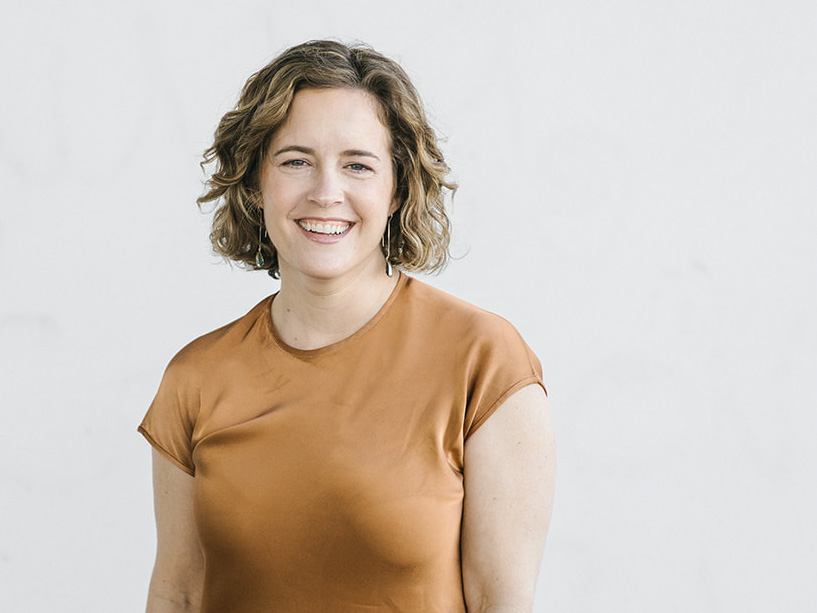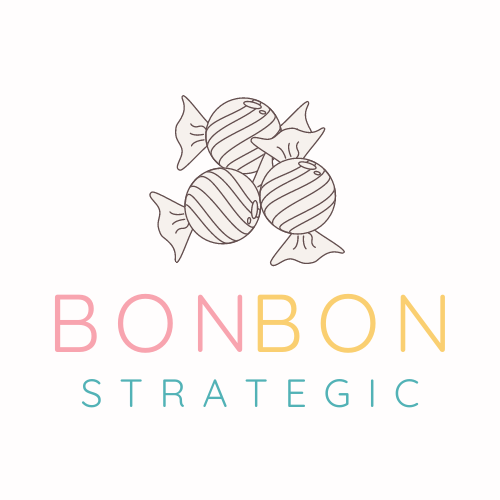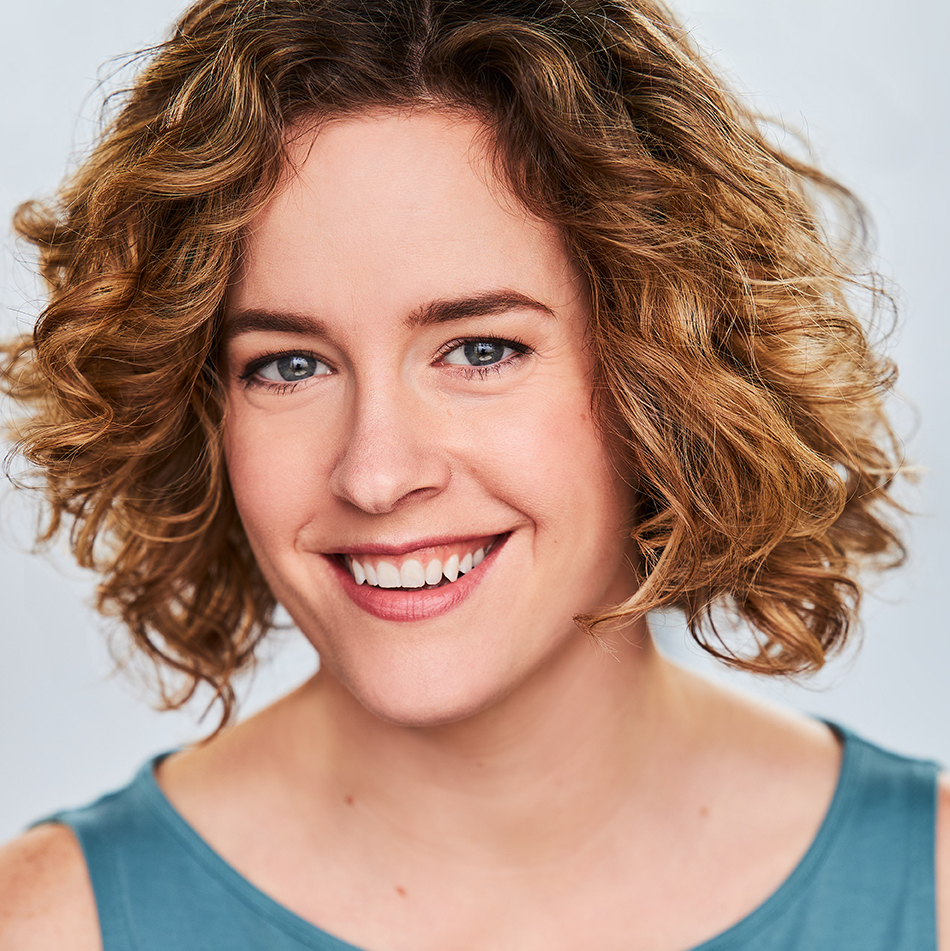We recently connected with Kate Lingoni and have shared our conversation below.
Hi Kate, thank you so much for opening up with us about some important, but sometimes personal topics. One that really matters to us is overcoming Imposter Syndrome because we’ve seen how so many people are held back in life because of this and so we’d really appreciate hearing about how you overcame Imposter Syndrome.
I didn’t overcome it – I learned to reframe it.
Coming from a science background with no formal business education, it was easy to feel like I didn’t “belong” in boardrooms or strategy sessions. I wasn’t armed with an MBA or corporate lingo – but I was trained to ask better questions, identify root causes, and make decisions based on evidence, not ego. That’s been my superpower.
Early on, I worried I wasn’t qualified to advise CEOs or restructure teams. But then I’d look at the outcomes: increased profit margins, smoother operations, founders finally getting their time and sanity back. That’s not theory – it’s results. Over time, I stopped measuring myself against titles or credentials, and started trusting the data, the progress, and the feedback I got from clients whose businesses ran better because of our work together.
Now, when imposter syndrome shows up, I take it as a signal I’m pushing into new territory. It’s less about “faking it” and more about growing into the next level – and backing it up with action, just like I always have.

Thanks for sharing that. So, before we get any further into our conversation, can you tell our readers a bit about yourself and what you’re working on?
I run a company called BonBon Strategic, where we provide fractional COO and operational strategy support to growing service-based businesses – especially those in the messy middle where things are working just well enough to survive, but not well enough to scale.
Most of our clients are founders who are doing too much themselves. They’re brilliant at what they do, but they’re stuck wearing every hat – leading the team, managing clients, chasing payments, and constantly putting out fires. We come in to help them reclaim their time, restructure their operations, and build a business that runs more smoothly without them in the center of everything.
What makes our work special is that we don’t just offer advice – we get in the trenches with you. We assess what’s actually happening inside the business, prioritize what needs fixing, and implement systems, structure, and team support to match your growth goals. It’s a mix of diagnostics, delegation, and decision-making that frees up the founder to focus on what they’re actually here to do.
Right now, we’re deepening our focus on founders in professional services and home trades – industries where operations are often overlooked or duct-taped together. We’re also expanding our Business Assessment offer: a fast, high-impact way to diagnose what’s holding your business back and map out your next steps.
I built BonBon Strategic to create freedom – not just for myself, but for every founder who’s ready to stop treading water and finally build something sustainable, sellable, and sane.
There is so much advice out there about all the different skills and qualities folks need to develop in order to succeed in today’s highly competitive environment and often it can feel overwhelming. So, if we had to break it down to just the three that matter most, which three skills or qualities would you focus on?
Looking back, the three most impactful things in my journey weren’t things I learned in school – they were things I earned through experience:
1. Pattern recognition.
My background in science trained me to sift through chaos and spot the signal in the noise. That skill translated directly into business. I can walk into a company and almost immediately identify what’s breaking down, where the bottlenecks are, and which levers will create the most impact. If you’re just starting out, sharpen this by observing everything – what works, what breaks, what repeats. Patterns are your shortcut to insight.
2. Clear communication.
People say a lot, but rarely what they actually mean. I’ve learned to listen for the words under the words – what’s not being said, what’s being danced around, what someone doesn’t quite know how to articulate. That kind of listening takes empathy, patience, and the willingness to call things out gently but directly.
But listening is only half of it. The other half is knowing how to translate solutions into something the client can see and feel. Founders don’t always understand why systems, SOPs, or software matter – until you show them how it will save them hours, reduce turnover, or finally get them out of the day-to-day weeds. It’s not about fancy frameworks; it’s about connecting the dots between what’s broken and what’s possible, in a language they’ll actually trust.
3. Emotional stamina.
Building anything real will test you. I’ve had months where cash was tight, momentum stalled, or a client dynamic got messy. But what keeps you moving is your ability to stay in it, regulate yourself, and respond instead of react. That’s emotional stamina – and it’s built by showing up when it’s uncomfortable and making the next best decision anyway.
My advice?
Don’t chase credentials or knowledge as a way to validate your worth or make a quick buck. Always be learning – but do it for yourself. You can’t separate who you are from how you lead, how you hire, how you manage, or how you sell. If you’re not working on your personal growth, your business will eventually reflect that ceiling back to you. The most sustainable business growth starts with self-awareness, integrity, and doing the inner work – even when nobody’s watching.

We’ve all got limited resources, time, energy, focus etc – so if you had to choose between going all in on your strengths or working on areas where you aren’t as strong, what would you choose?
I think it’s a mistake to assume it’s one or the other. You start by going all in on your strengths – that’s your zone of genius, the thing that sets you apart and gives you traction. But if you want to lead something sustainably, you eventually have to get real about your blind spots.
Early on, I leaned heavily into what I was naturally good at: seeing patterns, fixing broken systems, calming chaos. That got me in the door. But I avoided areas that made me uncomfortable – like sales, biz dev, or finances. And for a while, I told myself I didn’t need to be good at those things. Until it became clear that my business would stall if I didn’t face them.
That doesn’t mean I went all-in trying to “fix” every weakness. You don’t need to become a master in everything. But you do need to develop yourself enough to understand the gap – enough to recognize what doesn’t come naturally to you, how others succeed in that area, and what kind of support you need to fill it. You can’t delegate or hire effectively if you don’t have that level of awareness.
So yes, lead with your strengths. But don’t ignore your weaknesses – get just strong enough to build clarity, so you can surround yourself with the right people and stop being the bottleneck.
Self-awareness is the real differentiator. And growth doesn’t come from comfort.
Contact Info:
- Website: https://www.bonbonstrategic.com
- Facebook: https://www.facebook.com/BonBonStrategic
- Linkedin: https://www.linkedin.com/in/katelingoni
Image Credits
Ian McLaren, Sophie Berard
so if you or someone you know deserves recognition please let us know here.




